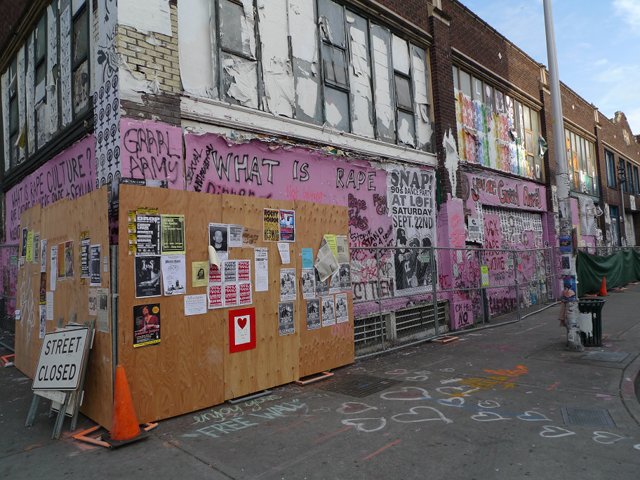Published at 22:47 on 30 October 2012
It’s going to be weeks before the subway fully reopens again. Weeks. If not months.
This was obvious the moment I heard about the flooding being worse than expected, and the media and the authorities are now starting to drop hints about it.
The biggest problem is the electrical and electronic components of the signal and control system. Salt water is absolutely the worst thing to expose such equipment to. Anything that’s been flooded by salt water will either have to be removed from service, washed several times with distilled water, baked for at least half a day in a drying oven, allowed to cool, and be thoroughly tested before reinstallation; or it will have to be discarded and replaced with new equipment.
Anything less will sacrifice reliability, and doing so is absolutely unacceptable on a passenger railroad. You don’t want malfunctioning signal and control equipment to send two trains in opposite directions on the same track, giving both a full-speed-ahead signal.
The reconditioning option will take much time and labor, and the replacement option will be (a) very costly, and (b) in the near term, impossible, because such equipment is fairly specialized and there’s not enough currently on hand to replace everything.
So the MTA is doubtless going to decide to give up on some lines of the subway system for the time being. Once you get away from lower Manhattan and downtown Brooklyn, there wasn’t much flooding. That means the unflooded parts of the lines being sacrificed can be salvaged for spare parts to restore service on the priority lines. Then, in the coming weeks and months, the damaged equipment can be either reconditioned or replaced and used to put the sacrificed lines back in service.
The problem is, there really is no substitute for the subway in Manhattan. It’s so densely developed that the only practical way to deliver the number of commuters who are employed there is an extensive rail system which is completely separate from the surface streets.
Sure, they will try to make do as much as possible with buses, probably bringing in rented ones from other cities and banning or severely restricting the use of private vehicles in Manhattan, so as to make room for the expanded bus service. But that will only go so far.
To some degree, it’s a moot issue anyhow, since the subway tunnels and building sub-basements are interconnected, meaning that there’s a huge chunk of office buildings which are now unfit for occupancy until the HVAC and mechanical systems in their flooded basements and sub-basements are reconditioned or replaced.
It is, in other words, a real mess. More later, including something about the relationship between Sandy and human-caused global warming.



